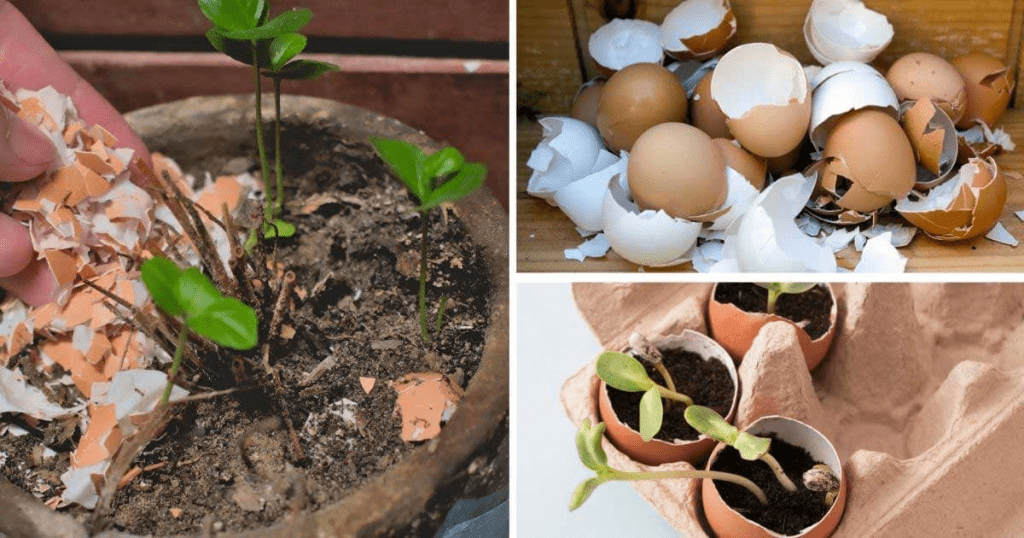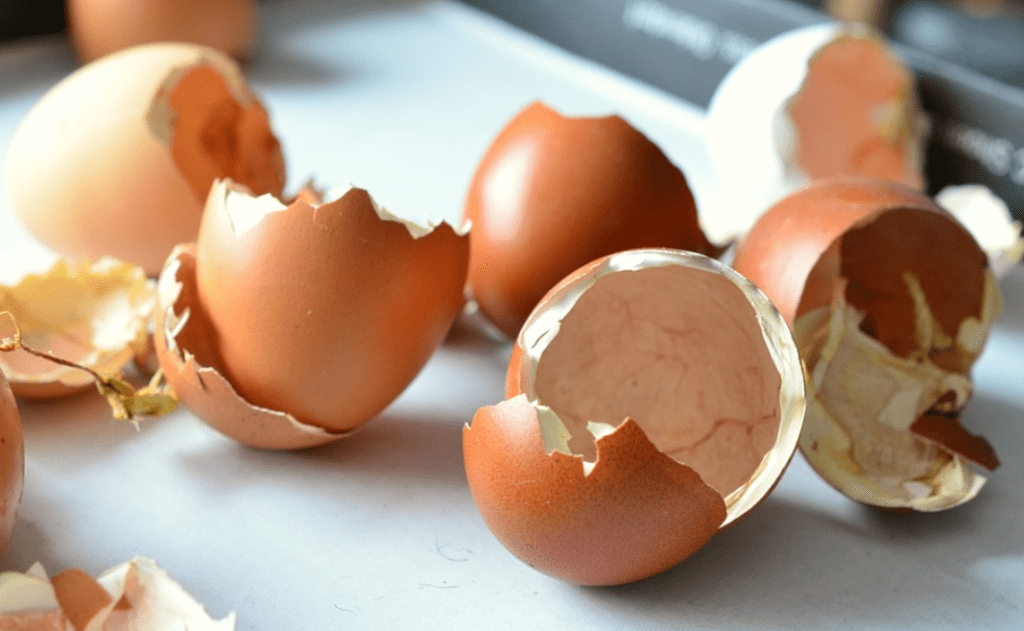The kitchen is often a source of small debates and differing opinions on best practices. One particular topic that sparks conversation is whether it’s safe to toss eggshells into the garbage disposal. My mother-in-law insists on dumping eggshells down the disposal, convinced it’s harmless. Meanwhile, I worry that it could cause clogs or damage. So, who’s right in this eggshell debate? Let’s dive into the facts, clear up common misconceptions, and hear what the experts have to say about eggshells and garbage disposals.

Understanding How a Garbage Disposal Works
A garbage disposal unit is essentially a grinding device installed beneath the kitchen sink, designed to break down food waste into tiny pieces that can pass through your plumbing system. Instead of sharp blades, disposals use impellers, which are blunt, spinning parts that grind food against a grinding plate. While garbage disposals are handy for clearing out small scraps, they aren’t designed to handle all types of waste. Knowing what can and cannot go into a garbage disposal is key to avoiding expensive repairs and keeping your plumbing in top shape.
Common Myths About Eggshells in the Garbage Disposal
There are a few persistent myths surrounding eggshells and garbage disposals, often leading to debates in households like mine. Let’s tackle some of these misconceptions:
- Eggshells Sharpen the Blades: This is one of the most widespread myths. People often believe that the rough texture of eggshells can help sharpen the blades of the disposal. However, garbage disposals don’t actually have “blades.” The impellers don’t need sharpening, and eggshells do nothing to improve their efficiency.
- Eggshells Are Harmless Because They’re Biodegradable: While it’s true that eggshells will break down over time, their fine particles can combine with grease and other residue, potentially leading to clogs. Also, the thin membrane inside eggshells can wrap around the impellers, reducing the unit’s performance.
- They’re Good for the Disposal’s Health: Some people believe that grinding eggshells in the disposal keeps it clean. In reality, they can contribute to buildup, leading to poor drainage and efficiency over time.
Why Putting Eggshells Down the Disposal Can Be Risky
When you grind eggshells in the garbage disposal, they break into tiny particles. These particles can accumulate and combine with other food waste, forming a gritty residue that may cling to pipes, leading to clogs over time. Additionally, the fibrous membrane lining each eggshell has a tendency to wrap around the impellers. This can slow down the grinding action and strain the motor, potentially shortening the disposal’s lifespan and requiring costly repairs.
Beyond clogs, putting eggshells down the disposal could also contribute to plumbing issues that impact your entire drainage system. Repeated accumulation of gritty particles can create “choke points” in the pipes, where water and waste become trapped.
What Do the Experts Say?
Manufacturers and plumbing professionals typically advise against putting eggshells down the garbage disposal. Here’s why:
- Garbage Disposal Manufacturers: Many disposal makers include eggshells on their “do not grind” list, alongside other fibrous materials like celery, potato peels, and onion skins. These items can wrap around or jam the impellers, leading to potential damage.
- Plumbing Experts: Plumbers recommend avoiding fibrous and starchy foods in disposals, as these materials tend to clump together and form blockages. While some people report no issues with eggshells, plumbing professionals caution that even minor buildup can turn into a more serious problem over time.
While it may not seem like one or two eggshells will cause immediate issues, the risks often outweigh any supposed benefits.

Alternative Ways to Dispose of Eggshells
If garbage disposal isn’t the best option, what should you do with eggshells? Fortunately, there are a few creative, eco-friendly ways to dispose of eggshells without risking clogs or mechanical issues.
- Composting: Eggshells are rich in calcium, making them a valuable addition to compost. Crushed eggshells can enrich your compost pile, providing essential nutrients that help your garden thrive.
- Garden Use: Sprinkling crushed eggshells around plants can help deter pests like slugs and snails. The sharp edges of the shells are uncomfortable for these pests, making eggshells a natural pest deterrent.
- Soil Supplement: If you’re a fan of indoor plants, mix finely ground eggshells into the soil. They’ll gradually release calcium and other minerals, boosting plant health.
- Homemade Fertilizer: You can create a liquid calcium supplement by boiling eggshells in water, then letting the water cool. Use this “eggshell tea” to water plants in need of a calcium boost.
By reusing eggshells, you can avoid plumbing headaches and make a positive impact on your garden or compost.

Proper Garbage Disposal Maintenance Tips
To keep your garbage disposal running smoothly, a little maintenance goes a long way. Here are some best practices for maximizing your unit’s longevity and efficiency:
- Run Cold Water: Always run cold water while the disposal is operating. Cold water helps solidify any fats or oils, preventing them from coating the pipes.
- Avoid Fibrous and Starchy Foods: Items like celery, potato peels, and pasta can tangle around the impellers or form clogs, so it’s best to dispose of these items in the trash or compost.
- Clean Regularly: Every month, pour a cup of baking soda followed by a cup of vinegar down the disposal, letting it sit for about 15 minutes. Then, flush it with hot water. You can also grind ice cubes with salt for a quick and effective cleaning.
- Use Citrus for Freshness: Grinding small pieces of citrus peels can help freshen up your disposal, removing any lingering odors.
Following these steps will ensure your garbage disposal remains effective and odor-free, extending its lifespan.
Conclusion: Who Wins the Eggshell Debate?
In the end, avoiding eggshells in the garbage disposal is the safer and more practical choice. While they might not cause an immediate problem, eggshells can build up over time, potentially leading to costly repairs and inconvenient clogs. Composting or repurposing eggshells for gardening is a more sustainable and beneficial option. So, when it comes to the debate, the person advising against putting eggshells in the disposal likely has the right idea. Choosing alternative disposal methods and keeping up with routine maintenance ensures that your kitchen stays clog-free, while also keeping peace in the household over this eggshell debate.


